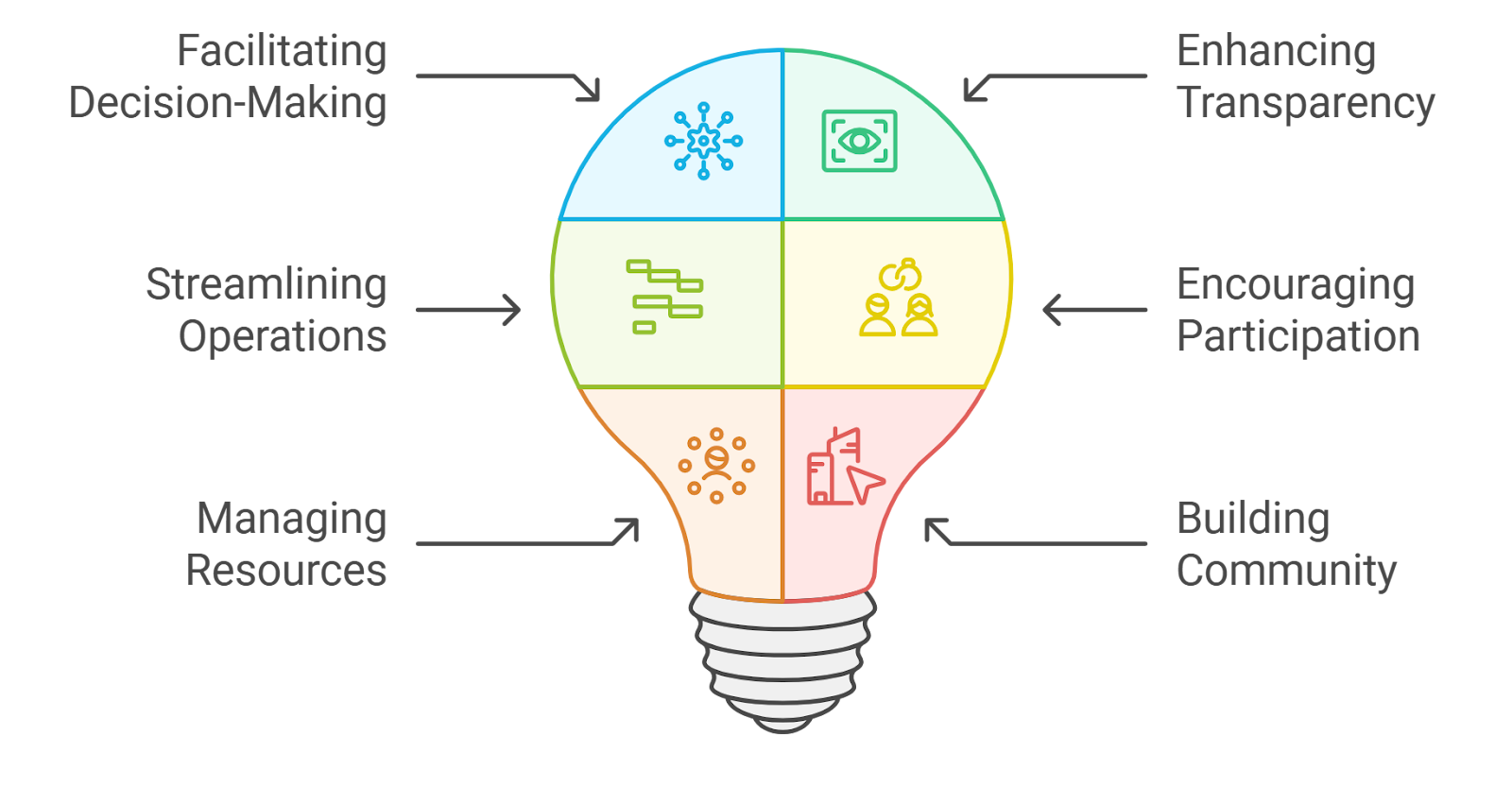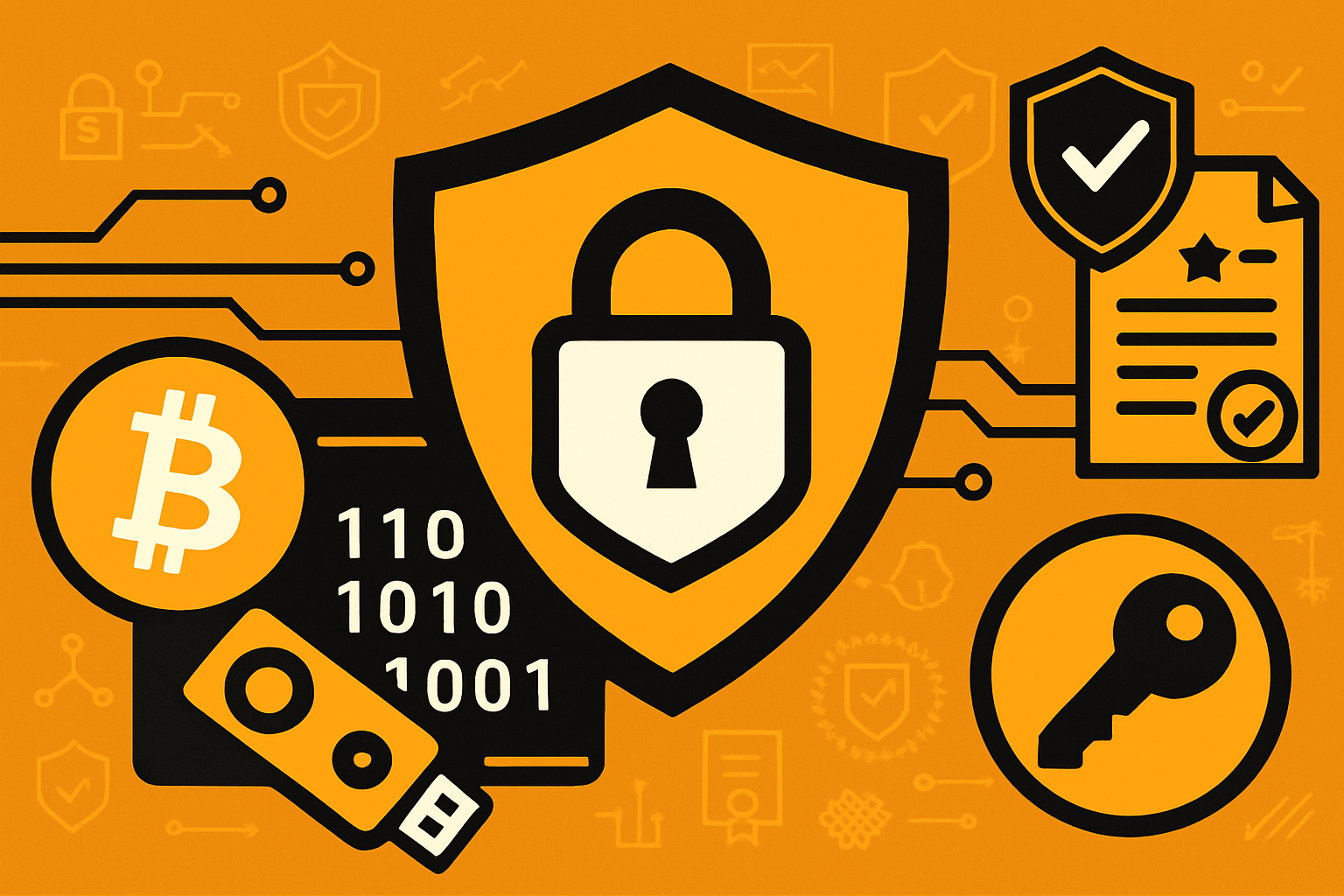
Web3 and DeFi are on the cusp of a digital identity revolution, and the fuel driving this transformation is onchain KYC attestations. If you’ve ever groaned at the thought of uploading your passport and selfie to yet another dApp, you’re not alone. The traditional KYC process is slow, repetitive, and often a privacy nightmare. But with onchain attestations, we’re entering an era where your identity credentials are not only verifiable and reusable, but also privacy-preserving and interoperable across the entire decentralized ecosystem.

What Are Onchain Attestations and Why Do They Matter?
At their core, onchain attestations are cryptographic proofs recorded directly on the blockchain. Think of them as digital stamps of approval: after you complete a one-time KYC process with a trusted provider, an attestation is issued to your wallet address. This attestation becomes a reusable credential that can be checked by any DeFi protocol or Web3 project supporting the system.
Unlike legacy KYC, which typically involves storing sensitive documents with each platform (yikes!), onchain attestations keep personal data off-chain. The blockchain only records the fact that a trusted party has already verified you. The result? Compliance without compromise: you retain privacy and control, while platforms can trust that you’ve been vetted.
How Reusable KYC Works in Practice
The magic of reusable KYC for Web3 comes down to three core benefits:
- Single Verification: You complete KYC once with a provider like Blockpass, Sumsub, or Altme. They issue an attestation to your wallet address.
- Privacy Preserved: The attestation proves you passed KYC, but your actual documents and personal info stay private and off-chain.
- Interoperability: Any dApp or DeFi platform that recognizes these attestations can instantly verify your status, no more redundant onboarding.
This model is already live in the wild. For example, Blockpass’s On-Chain KYC® 2.0 empowers businesses to issue reusable digital identities for their users, while Sumsub’s integration with Solana lets users carry their verified credentials across multiple platforms with zero extra friction. Meanwhile, Altme combines DIDs and compliance NFTs so BNB Chain dApps can stay regulation-ready without leaking user data.
Why DeFi and Web3 Projects Are Embracing Onchain Attestations
The shift toward reusable KYC isn’t just about user convenience, it’s a game changer for project teams and allowlist managers too. Here’s why:
- Regulatory Compliance: Onchain attestations create an immutable audit trail of verifications, helping platforms stay on the right side of global regulations without storing sensitive user data themselves.
- Frictionless User Experience: Users can access token sales, gated communities, and allowlists with a single click, no more endless document uploads or waiting for manual reviews.
- Operational Efficiency: Projects save time and resources by integrating with existing attestation networks instead of running their own KYC checks for every new user.
This approach is especially powerful for allowlist management in token launches, airdrops, and gated DeFi protocols. Platforms can instantly verify eligibility with onchain credentials, slashing onboarding times and boosting user participation rates.
If you want to dive deeper into how onchain attestations streamline KYC for Web3 allowlists and token sales, check out our detailed guide here.
Let’s talk about the real-world impact: as onchain KYC attestations gain traction, we’re seeing a ripple effect across the entire decentralized landscape. Projects that previously struggled with fragmented compliance requirements and high onboarding drop-off rates are now able to tap into a global pool of pre-verified users. This doesn’t just lower costs – it actually unlocks new business models and community structures that would have been impossible under the old, siloed system.
Top Use Cases for Reusable Onchain KYC in DeFi
-
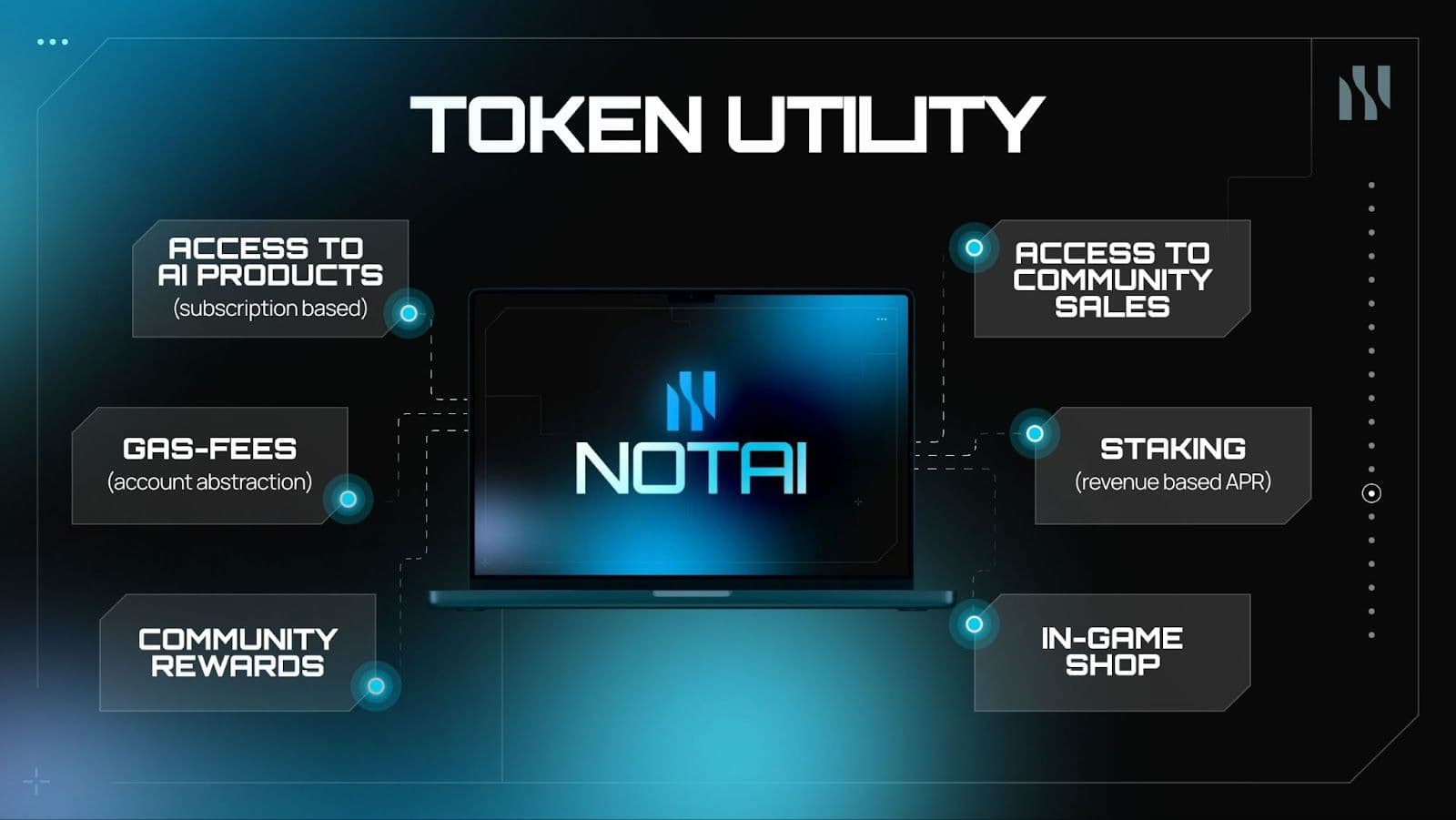
Token Sales & Launchpads: Onchain KYC enables users to participate in token sales (IDOs/IEOs) across platforms like Polkastarter or Binance Launchpad with a single, reusable identity attestation—no more repeating KYC for every sale.
-
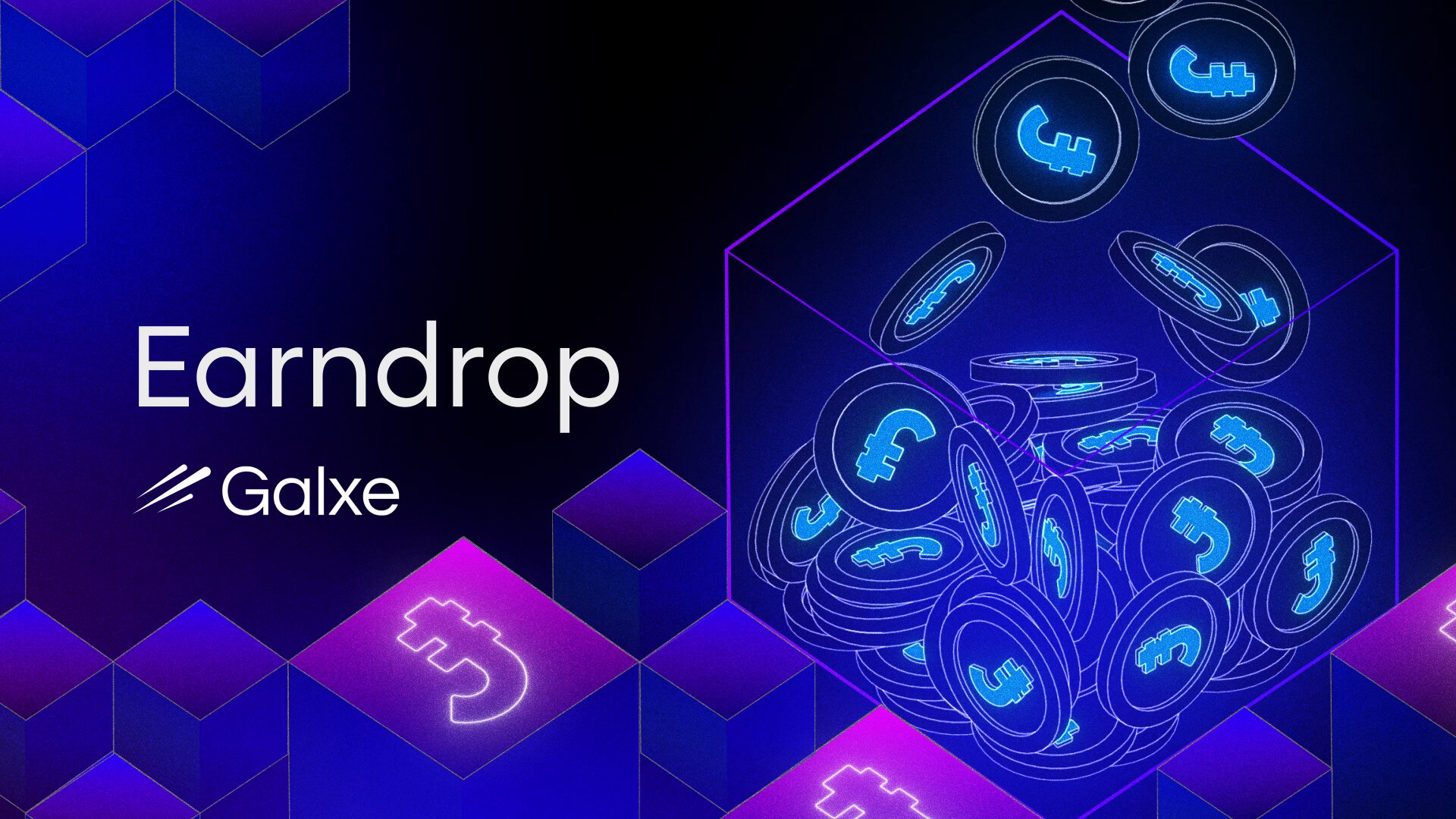
Cross-Chain Airdrops: Platforms like Galxe enable projects to distribute airdrops across multiple blockchains, using onchain KYC to ensure compliance and prevent sybil attacks—users prove eligibility once and claim everywhere.
-
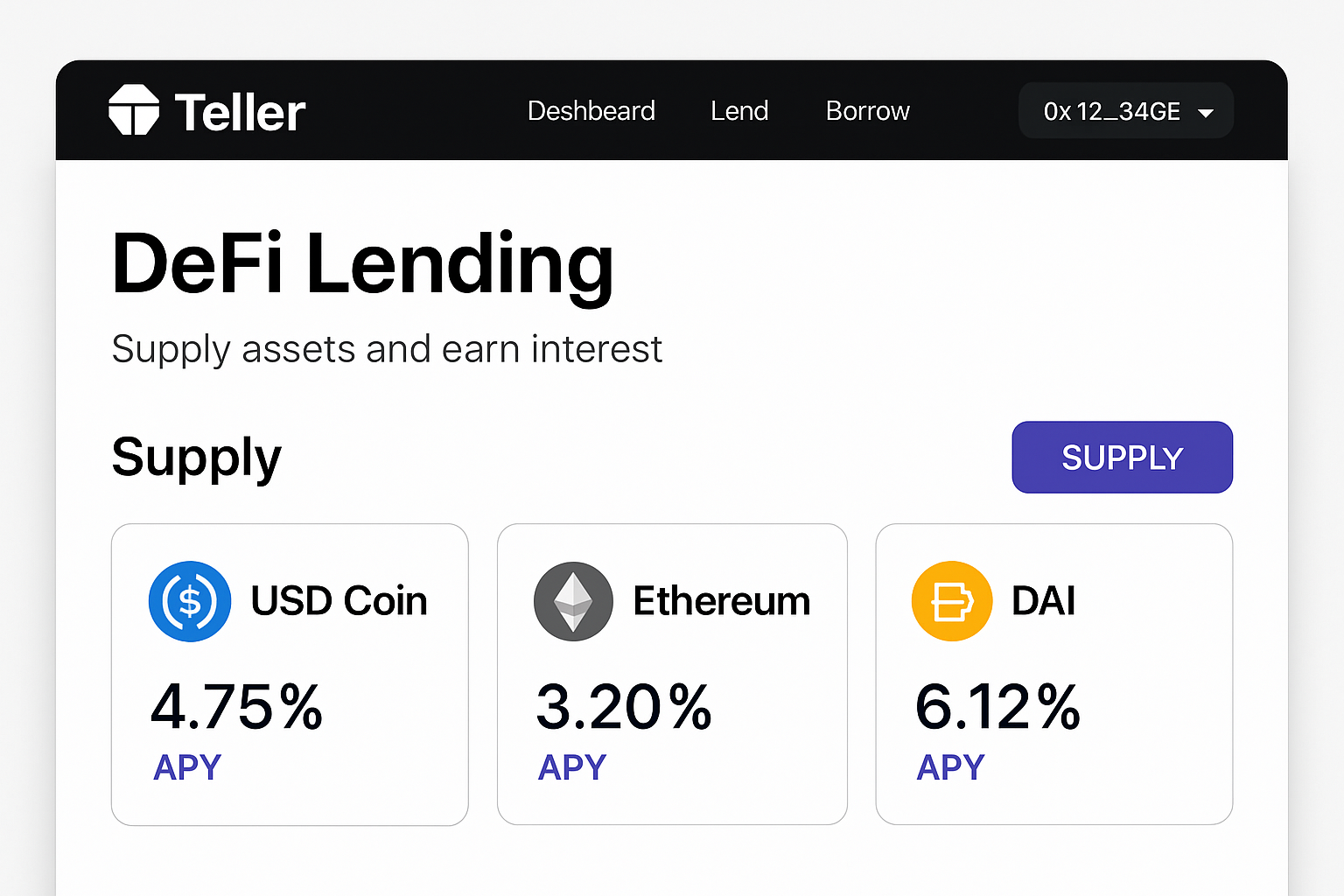
Privacy-First Lending Platforms: Protocols such as Cred Protocol and Teller can leverage reusable onchain KYC to offer compliant, undercollateralized loans—users share only what’s needed, keeping sensitive data private.
-

Interoperable DeFi Access: With solutions like Blockpass On-Chain KYC® 2.0, users can seamlessly access multiple DeFi dApps and services with a single, reusable identity, simplifying onboarding and boosting ecosystem participation.
Security is another major win. Since attestations are cryptographically signed and publicly auditable, there’s far less risk of forged credentials or insider abuse. Plus, because personal data isn’t sprayed across dozens of databases, the attack surface for hacks and leaks shrinks dramatically. Users get peace of mind; platforms get provable compliance.
From an interoperability standpoint, this is where things get really exciting. Imagine a future where your single onchain KYC credential lets you move seamlessly between Ethereum, Solana, BNB Chain, and beyond – all without ever re-uploading your passport or waiting for approval emails. As more protocols adopt open attestation standards and plug into shared registries, reusable KYC becomes a true passport for the decentralized web.
The privacy-preserving nature of these attestations is also a game changer for user empowerment. Instead of handing over your life story to every project you want to join, you control exactly what gets revealed and when. This aligns perfectly with both GDPR principles and the ethos of Web3 – self-sovereign identity without sacrificing usability.
What’s Next for Onchain Attestations?
The momentum behind onchain KYC is only accelerating. With heavyweights like Blockpass and Sumsub rolling out integrations on major blockchains, and new standards like Chainlink’s Automated Compliance Engine (ACE) gaining adoption, the toolkit for developers and compliance teams is richer than ever.
But there’s still work to do. For truly universal adoption, projects need to converge on interoperable standards and ensure that attestations remain censorship-resistant and portable across chains. The good news? The trend is unmistakable: DeFi and Web3 are moving toward a world where identity checks are frictionless for users and bulletproof for platforms.
If you’re building in this space or managing allowlists for an upcoming token sale or community launch, now’s the time to lean in. By embracing reusable onchain KYC credentials, you’re not just future-proofing your project – you’re helping shape a more open and user-centric digital economy.
Want more actionable strategies? Discover how onchain attestations simplify KYC for DeFi token sales and allowlist management here.



